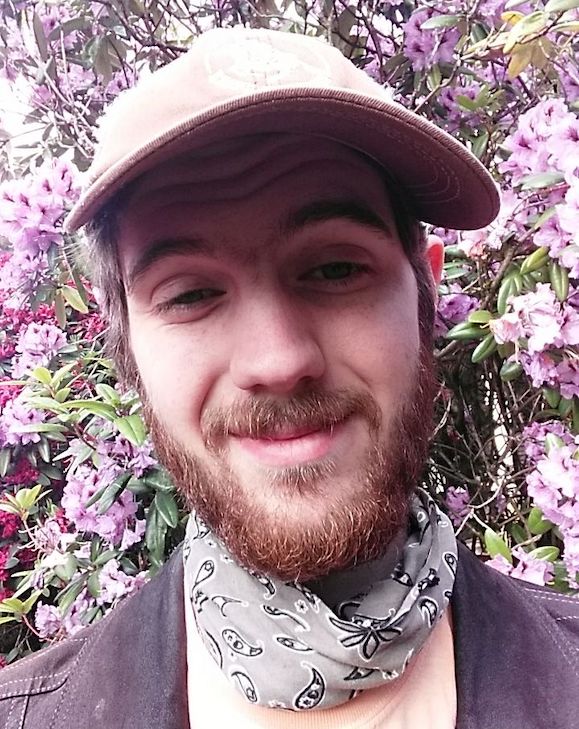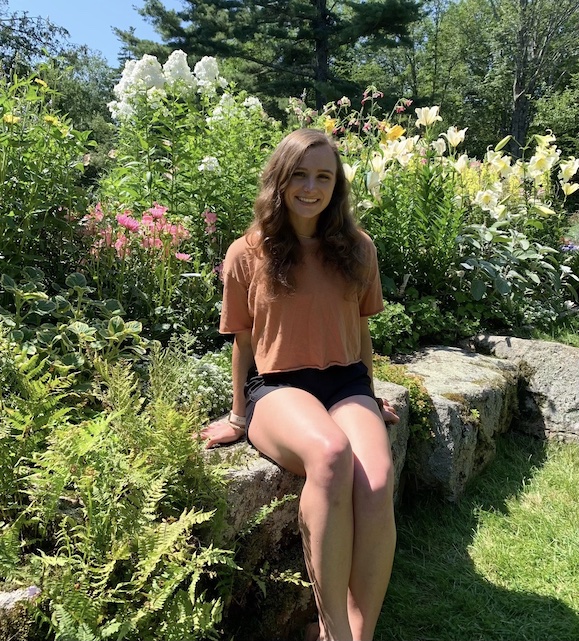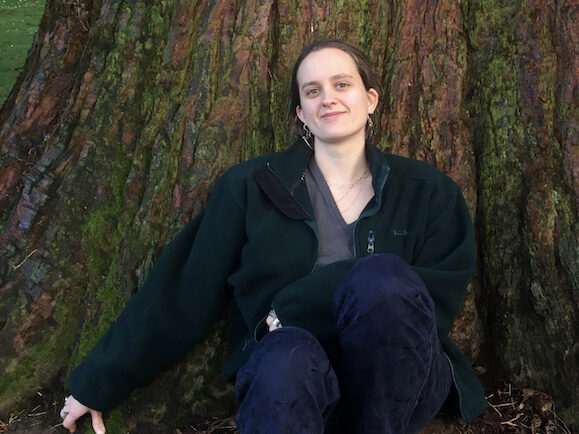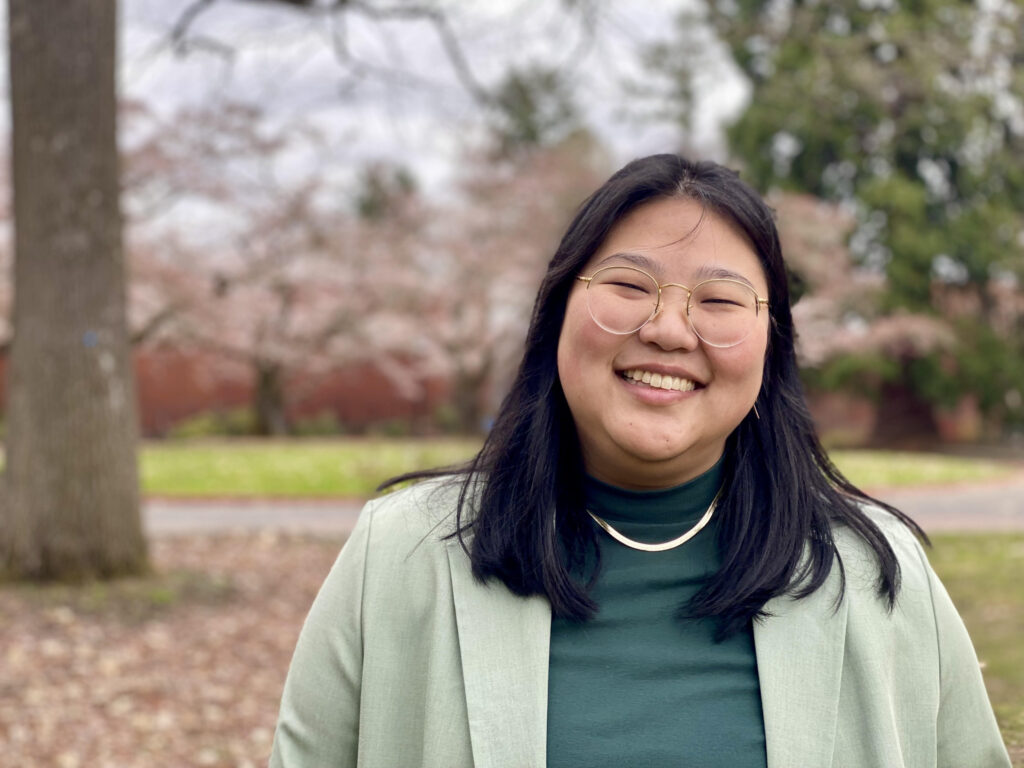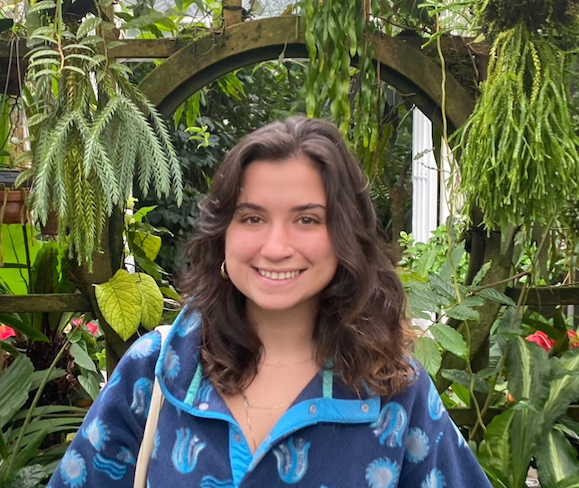
We’re excited to welcome Francesca back to the podcast! Francesca was our first student producer, named the podcast, and was integral as we were still figuring out what we were going to be and how we were going to do it. The voice of this podcast is largely Francesca’s voice (along with the voices of all the alumni we’ve interviewed) and it would have been something entirely different without her. Thanks Frank! (Francesca went by Frank back when she was working for the podcast.)
Francesca’s thesis examined Title IX implementations and student perceptions of these implementations at the level of the liberal arts college. Check out the episode to hear about institutional review boards, and why you should put your thesis into the library thesis template well before it’s due.
Reed community members can read Francesca’s thesis, “The Small Liberal Arts Experience: Title IX and Student Perceptions of Sexual Misconduct,” online in the Electronic Theses Archive.

